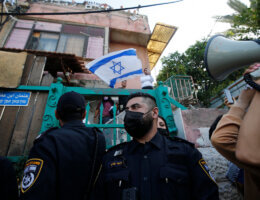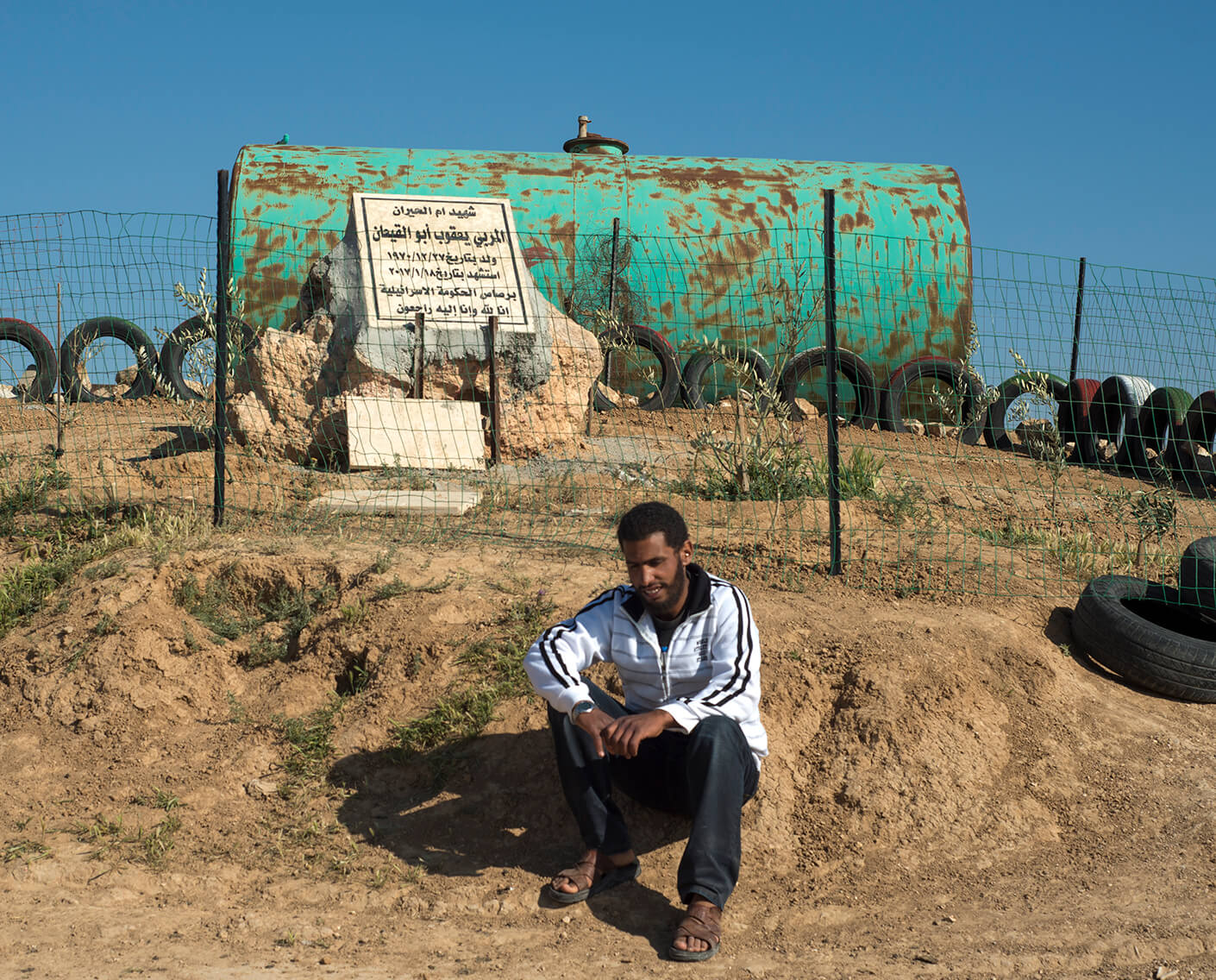Within the Israeli colonization project, distinct legal frameworks are applied across a legally fragmented space and yet nevertheless share a common defining logic. The unifying logic of Jewishness as property, central to this system of settler-colonial domination, gives coherence to these legal fragments.
The police killing of Ahmed Erekat, 27, near Bethlehem echoes three other cases in which mistaken identify of a terrorist triggered extra-judicial execution. Other cases include lynching of Haftom Zarhum in Beersheba bus station and killing of teacher Yaqub abu al Qia’an in Umm Al-Hiran.
Some murder cases are so full of lies, that every attempt to hide them from public view only brings more attention to the crime. Such is the case of the extrajudicial execution in 2017 of Israeli Bedouin citizen Yaqub Mousa Abu al-Qia’an, who was left to bleed to death after being wounded during an ethnic-cleansing operation in al-Qia’an’s village by Israeli police in the Negev.
Palestinian lawmaker Ayman Odeh has long claimed that he was shot by Israeli police at Umm al-Hiran in 2017. But the police manipulated evidence, suggesting he was hit by stones or shrapnel. A new documentary shows how they hid the critical footage.
The residents of the Bedouin town Umm Al-Hiran have signed an agreement with the Israeli government to be relocated under threat of demolition and more violence to make way for the Jewish town of “Hiran”. This “voluntary” response to the government’s “generous offer” tells us a lot about Zionism, and how Israel understands its own history.
Howard Cohen relates the story of one of his students at an engineering college in the Negev struggling to keep up with his studies after Israeli police killed his father, demolished his home: “He had used the word killed, it was me who had used the word murder, but the words were irrelevant at this moment. He wasn’t interested in making a political statement to me, he was making an existential one. That was clear enough. ‘You see it’s so difficult for me,’ he went on, wiping away the tears that had welled up at the corner of his eyes and which threatened to stream down his face. ‘Everything was under the rubble. I even had a workbook for the class but that too was under the rubble together with my ID card and all our other belongings. They didn’t give us any time to leave. They bulldozed the house with all of our possessions in it. I’m trying to return to my studies. It’s important for me to continue, in spite of everything. But it’s so difficult for me. My head just isn’t there. And it’s going to be difficult for me to attend all the classes and prepare for the presentation.'”
Israeli police and authorities have rushed to produce a ‘terrorist’ narrative of an official killing; but autopsy indicates the Israeli teacher Yacoub Abu Al-Qia’an was executed at Umm al-Hiran village last week and left bleeding for twenty minutes when there were medical vehicles at hand. “They murdered him not once, but several times,” his brother Ahmed says.
Yesterday, Israeli police forces demolished homes and structures at Umm Al-Hiran, a Bedouin village in the southern Negev desert. Umm Al-Hiran is one of 39 ‘unrecognised’ Bedouin villages in Israel’s southern Negev and has faced state repression since the founding of Israel in 1948. Therefore it is best to understand yesterday’s violence and the case of Umm Al-Hiran as part of an overarching policy of ethnic cleansing.





